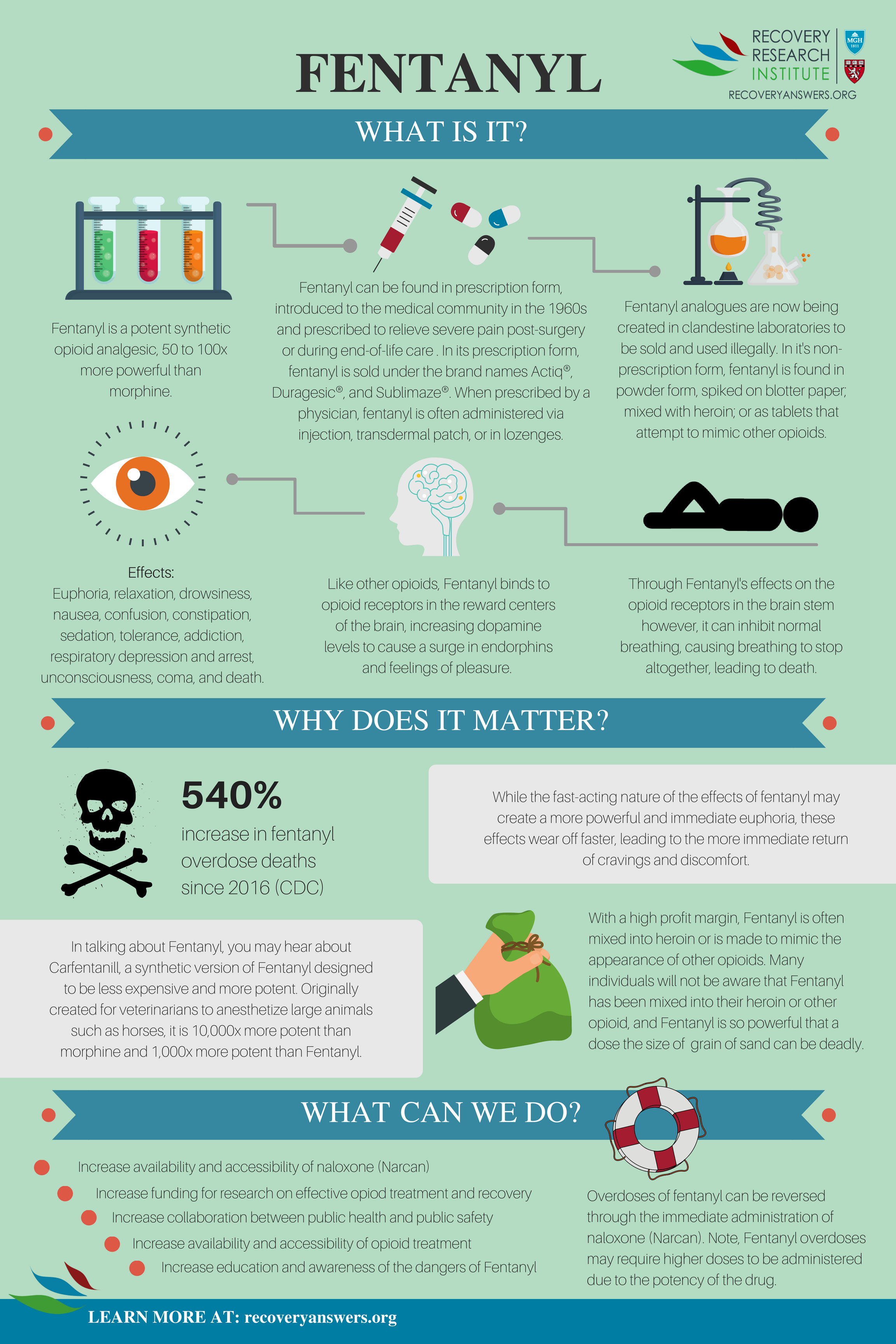Getting Rid Of Triggers And Yearnings After Finishing Drug Rehab
Getting Rid Of Triggers And Yearnings After Finishing Drug Rehab
Blog Article
Material By-Hardin Meier
You've completed Drug rehab and taken a considerable action in the direction of a much healthier lifestyle. Now, facing triggers and yearnings post-rehab can be a tough trip. How do you navigate via these moments without jeopardizing your progression? Understanding the strategies to cope with triggers and food cravings is crucial in preserving your soberness. Let's explore efficient ways to manage these difficulties and safeguard your newly found commitment to living a drug-free life.
Determining Triggers and Yearnings
To successfully handle your triggers and cravings, begin by recognizing the situations or emotions that cause your wish to utilize. Take a minute to reflect on what conditions or sensations motivate your desires. Is it stress and anxiety, monotony, social circumstances, or specific areas? By pinpointing these triggers, you can better prepare yourself to manage them.
Triggers can be both internal, such as adverse emotions or physical pain, and external, like being around people who utilize compounds or visiting a certain location.
Take note of patterns in your yearnings-- are they more regular at certain times of the day or in feedback to details events?
Structure Healthy Coping Methods
Determining your triggers and food cravings is the initial step in the direction of structure healthy coping methods to handle them efficiently. When you understand what scenarios, emotions, or individuals cause your food cravings, you can start establishing a plan to resolve them.
One reliable technique is to replace unfavorable habits with favorable ones. For instance, if tension sets off food cravings, practicing leisure methods such as deep breathing or reflection can assist. Taking part in physical activities such as workout or going for a walk can also be a great method to cope with yearnings.
One more vital aspect of building healthy and balanced coping approaches is to create an encouraging environment. Border yourself with people who recognize your trip and can offer motivation and liability. It is necessary to develop limits with individuals who might not support your recovery.
In addition, establishing a routine that includes healthy and balanced practices like regular exercise, correct nourishment, and adequate rest can help you stay on track and reduce the likelihood of experiencing triggers and cravings.
Looking For Support and Liability
Producing a network of encouraging people who can supply motivation and hold you accountable is crucial in handling triggers and cravings properly. Seek out friends, family members, or a support group that recognize your journey and can offer assistance when you deal with difficult scenarios.
Having a person to talk to during minutes of temptation can make a considerable difference in staying on track with your healing. click the up coming web page can help you remain focused on your goals and advise you of the reasons that you picked to seek aid in the first place.
They can also assist in producing an organized strategy to handle triggers and food cravings, such as developing alternate activities or dealing devices to change need to utilize drugs. Routine check-ins with your support system can supply confidence and motivation, aiding you feel much less isolated in your recovery trip.
Verdict
Remember, acknowledging and coping with triggers and desires after Drug rehab is a vital component of keeping sobriety.
By identifying your triggers, developing healthy coping approaches, and looking for support from enjoyed ones or support groups, you can browse through difficult moments and stay concentrated on your sobriety objectives.
Recommended Studying in mind, you aren't alone in this journey, and with the right devices and support, you can overcome lures and live a satisfying, drug-free life.
Stay strong and maintain moving on.
